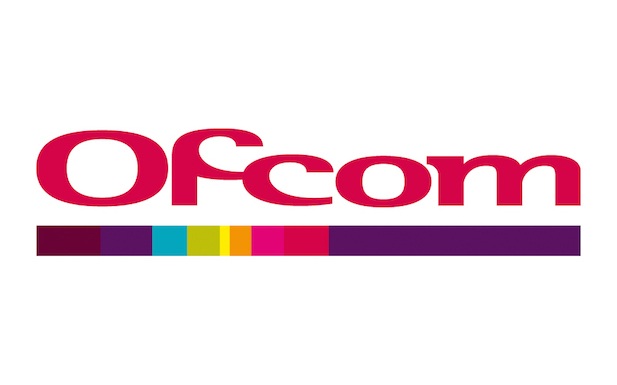Ofcom will impose a 255MHz cap on “immediately useable” spectrum holdings as part of its auction of new capacity for 4G and 5G.
The cap means BT/EE, with 255MHz of spectrum already, will be disqualified from bidding for the additional spectrum in the 2.3GHz band next year.
The UK regulator will auction 40MHz of spectrum within the 2.3GHz band (2350-2390MHz), alongside 150MHz of spectrum within the 3.4GHz band (at 3410-3480MHz and 3500-3580MHz).
The ban on BT/EE applies only to the 2.3GHz band, which will be “immediately useable” as compatible devices already exist.
The 3.4 GHz band is likely to become useful in around two or three years, it noted, and is pegged for initial deployments of 5G after 2020. Meanwhile, Ofcom will also auction around 80MHz of spectrum in the 700MHz band in 2019/2020.
It said the temporary cap will be reviewed following the 2.3GHz auction, as the 700MHz band and 3.4GHz band become usable towards the end of the decade.
The 2.3GHz device is intended to ensure spectrum asymmetry between the four UK mobile operators does not become further skewed, and competition in the market is maintained.
EE holds 45 percent of spectrum currently available, which will shrink to 42 percent of “immediately usable” with the auction of the 2.3GHz band. Vodafone holds 28 percent, O2 holds 15 percent and Three holds just 12 percent.
Marc Allera, CEO at EE said: “While we don’t agree that competition measures should be introduced for this auction, we will now examine Ofcom’s detailed proposal carefully and respond to the consultation.
“We are unique in our ambition to expand 4G coverage to 95 percent of the UK’s landmass by 2020, further than any other UK network has done, and will continue to use our spectrum and network to ensure UK consumers benefit from being at mobile technology’s leading edge.”
Ofcom said it will review their respective spectrum holdings ahead of the 700MHz auction at the end of the decade, considering these will shift according to their forthcoming successes, and as the 3.4GHz band becomes usable also.
Three urged Ofcom last month to impose a 30 percent cap on spectrum holdings, which would have forced BT/EE to divest around a third of its current capacity.
Three UK CEO Dave Dyson commented: “Ofcom exists to promote competition and protect consumers but it has once again shown it is not willing to make the big decisions needed to deliver the best outcome for the UK.
“It has allowed BT and Vodafone to stockpile valuable mobile airwaves and put genuine choice for consumers at risk. It made empty promises to the European Commission that it would tackle this issue but it doesn’t have the courage to do so.
“The mobile industry is failing customers and Ofcom has showed it has no interest in addressing that. A 30 percent cap on total spectrum ownership and a spectrum reservation for smaller operators are the only measures that will preserve competition for the benefit of UK mobile consumers.”
Meanwhile, Kester Mann, Principle Analyst at CCS Insight, said the proposed restraints “raise questions as to why the BT/EE merger was waived through with such little fuss, without any apparent need to mandate divestment.”
The fact Ofcom supported the European Commission’s decision to block the merger of Three and O2 in the UK, which would have resulted in a single entity with a third-rate 27 percent of total UK spectrum, also raises questions about its decision not to impose tougher limits.
Mann said: “Today’s announcement represents only a partial victory for Three, which campaigned hard for far more favourable conditions. Like O2, its very future as a standalone mobile operator is hugely reliant on a successful outcome at the auction.
“Expect today’s announcement to be just the start of another round of wrangling and protestation from the UK networks, that could see the award of licences further delayed. Any additional hold-up works against Three and O2, which are most in need of new airwaves.”


